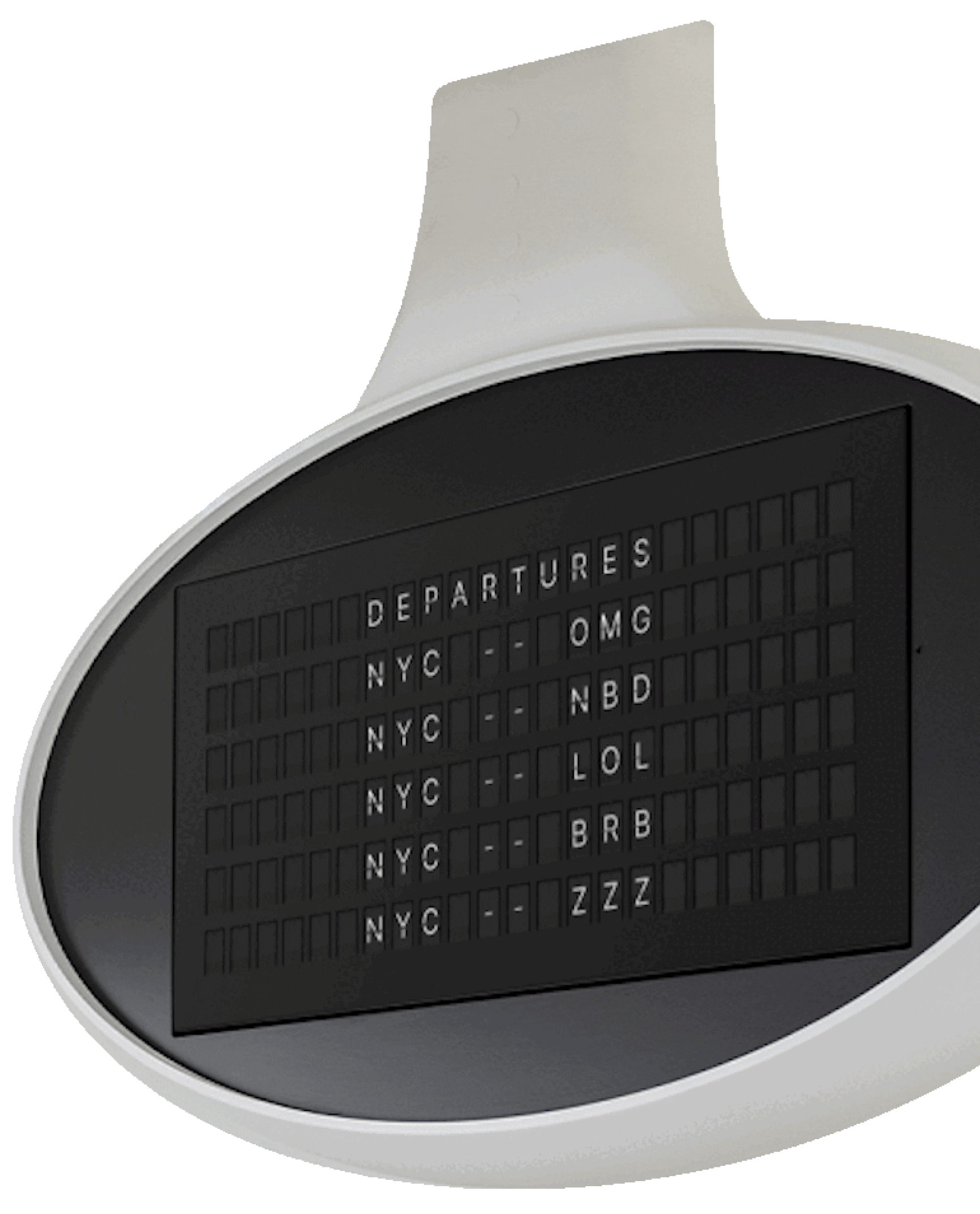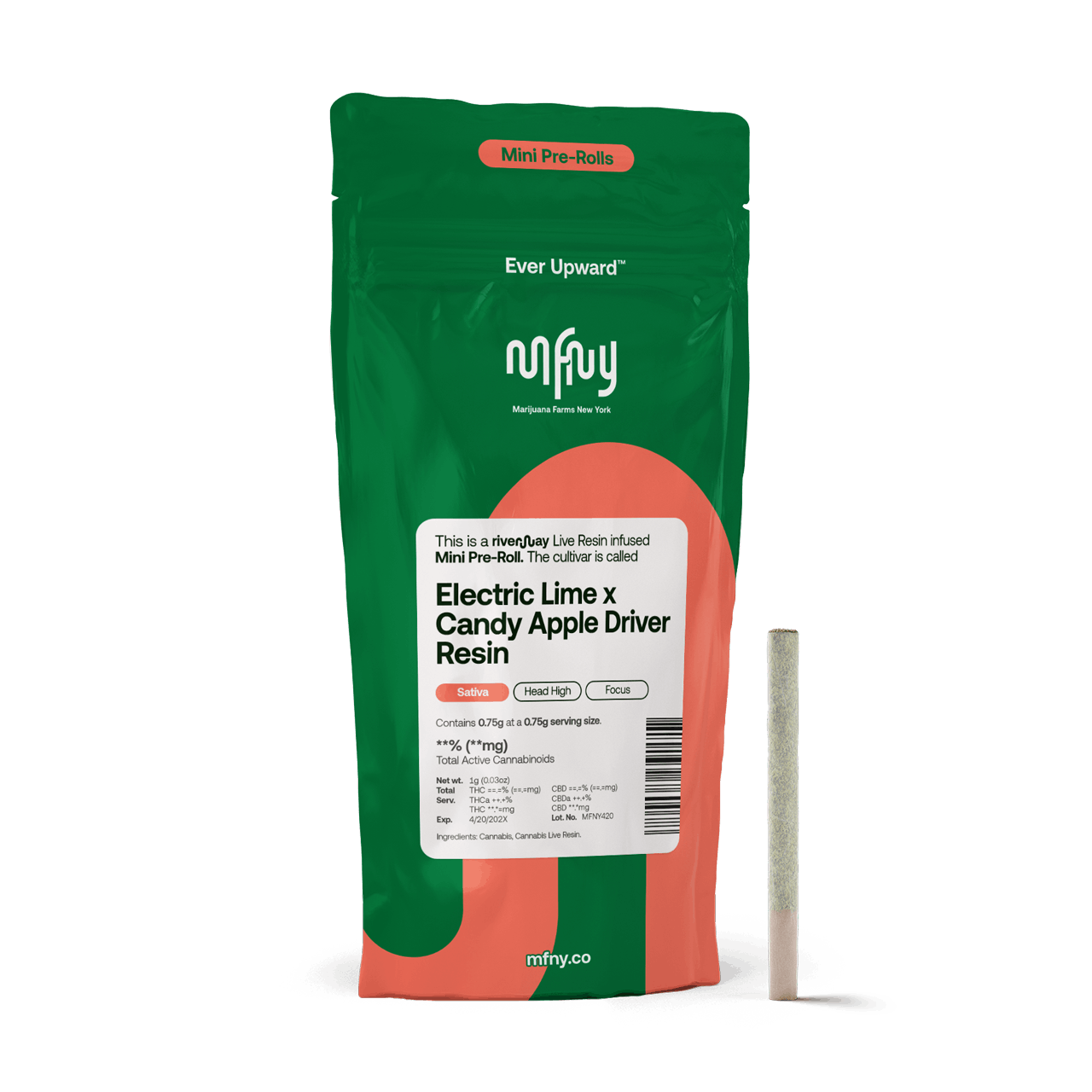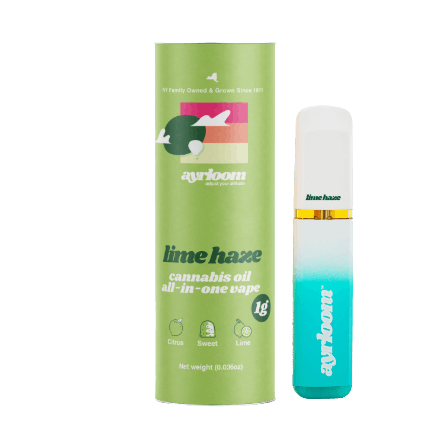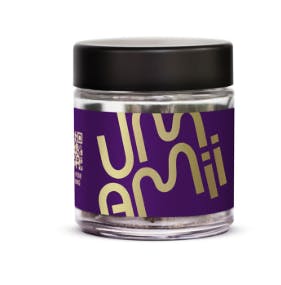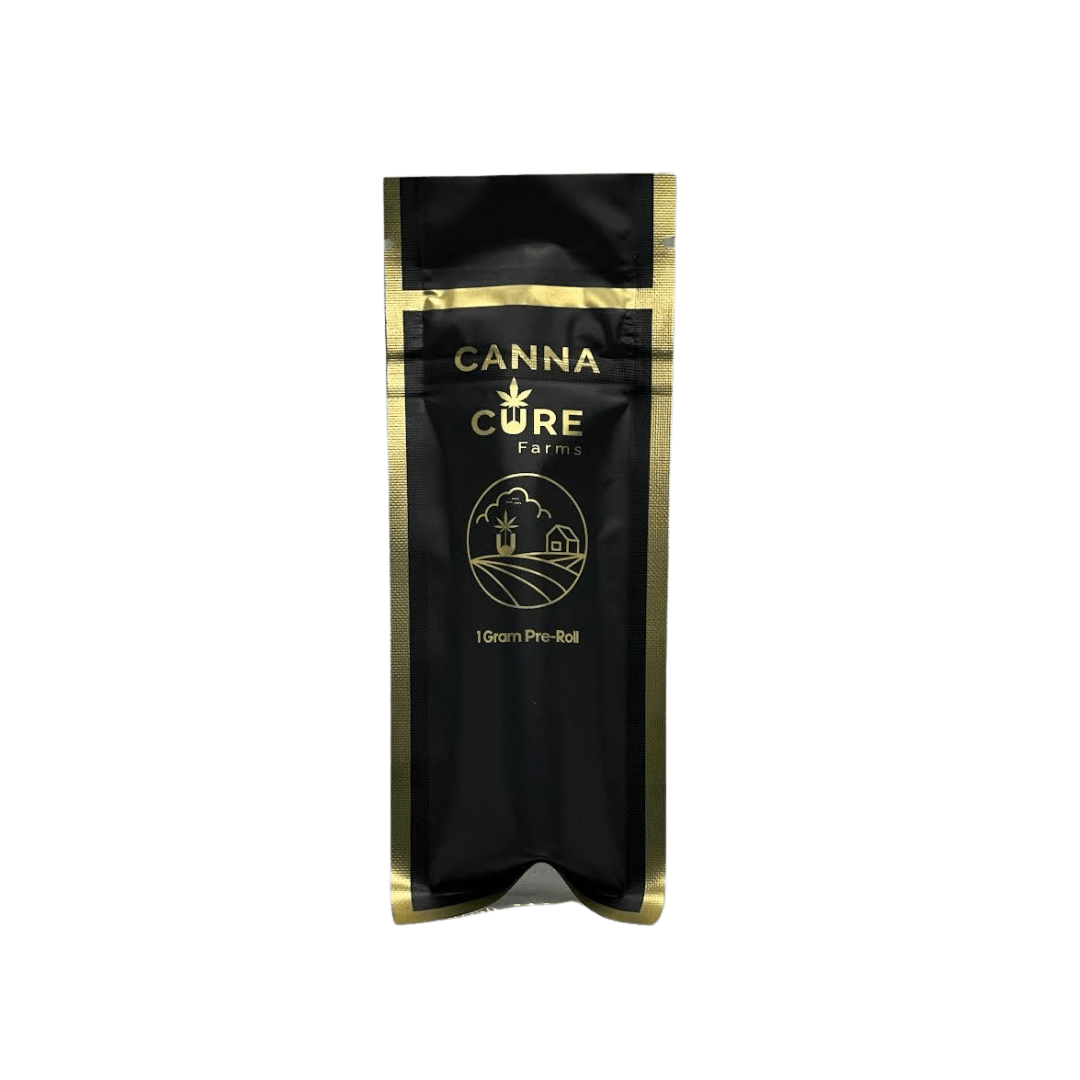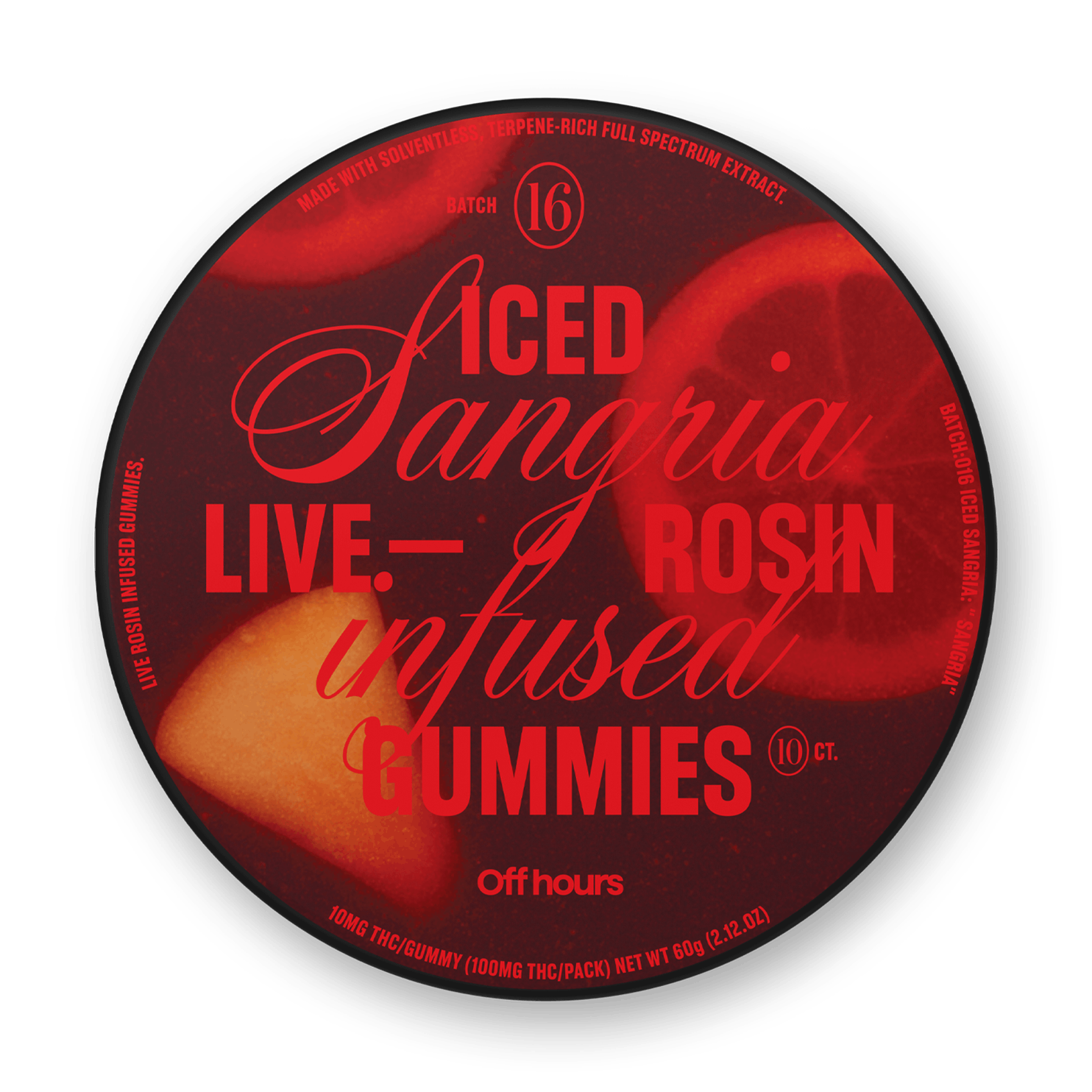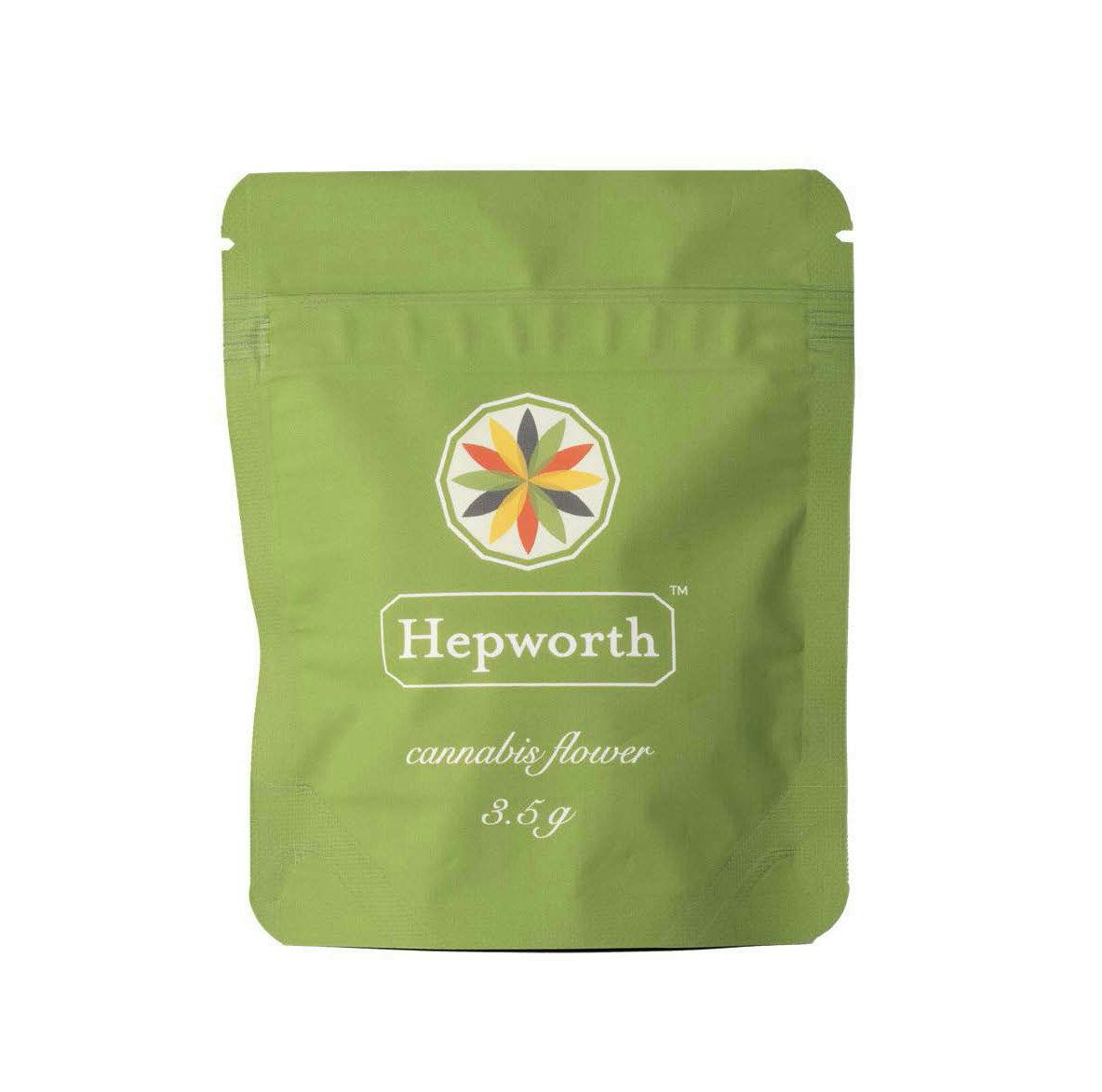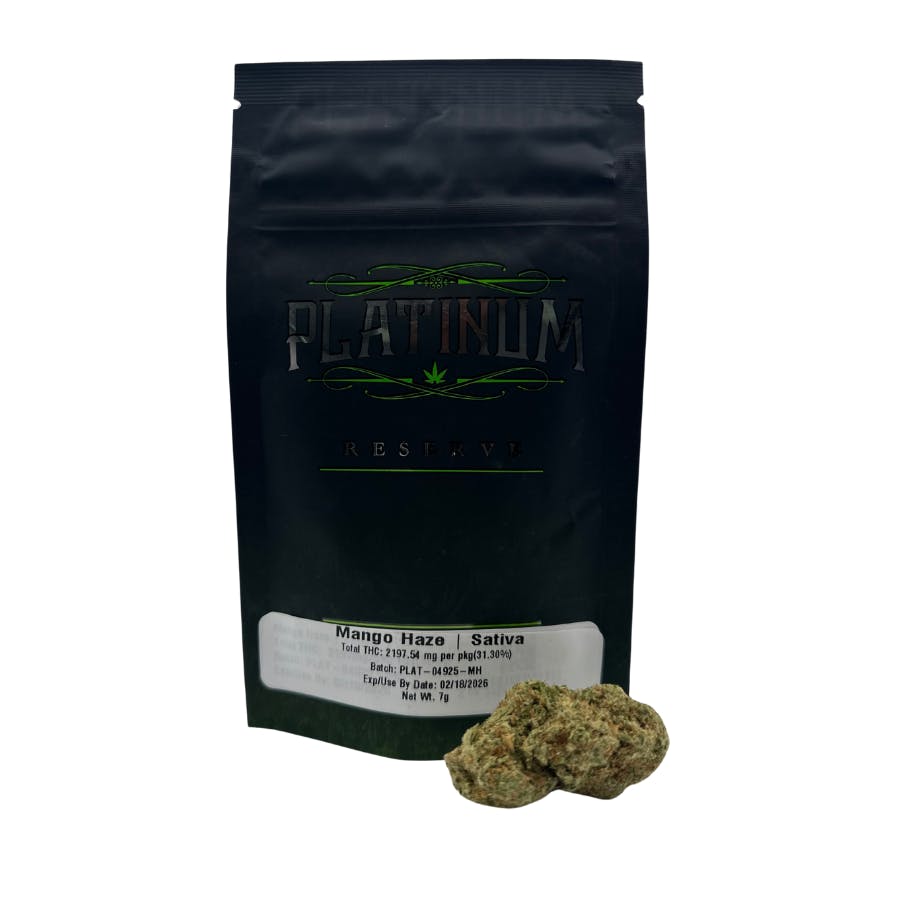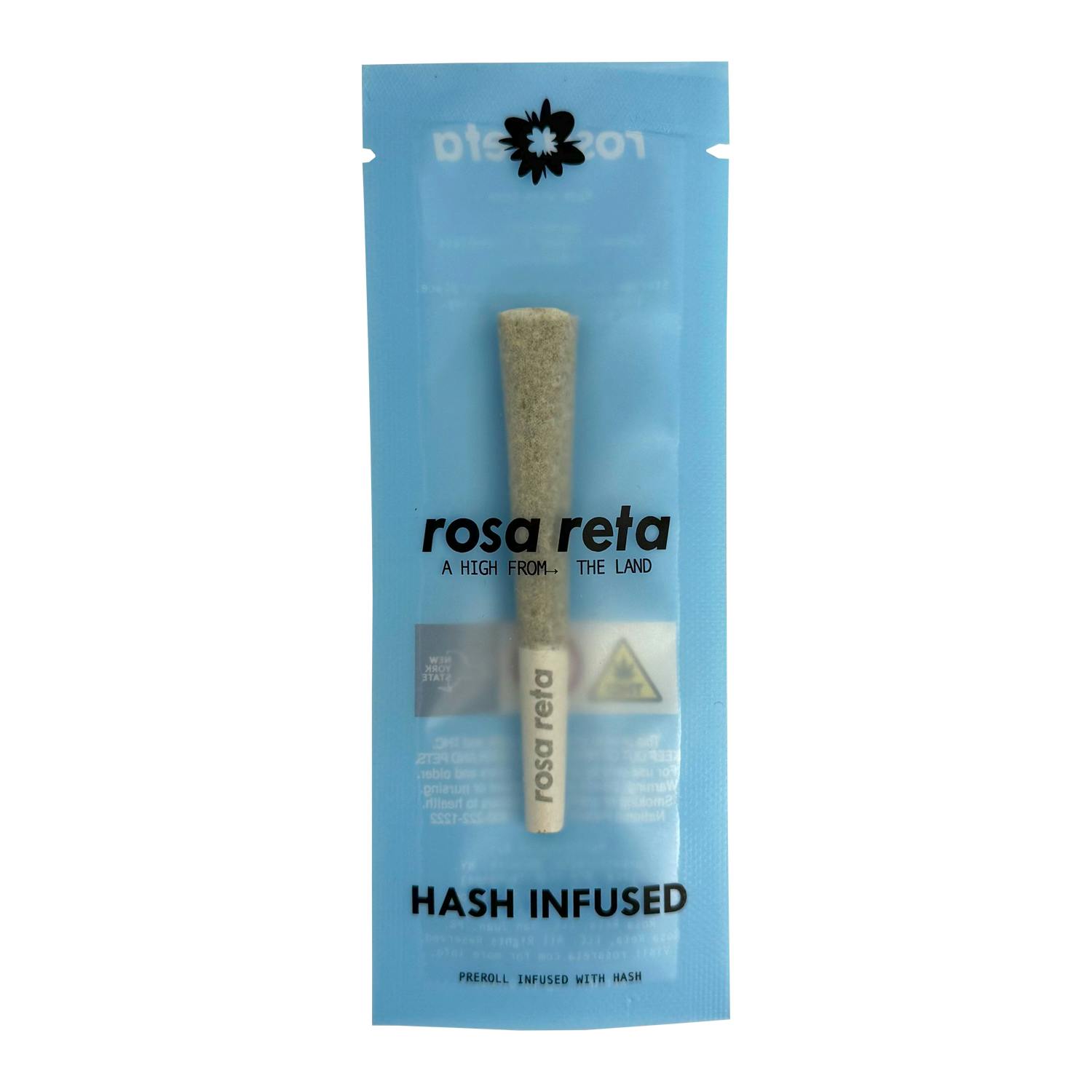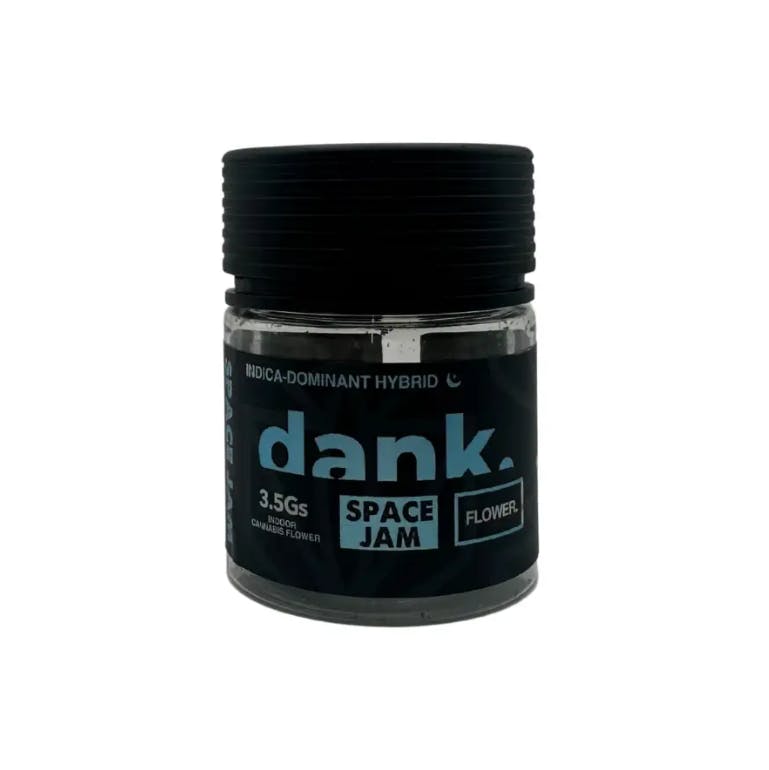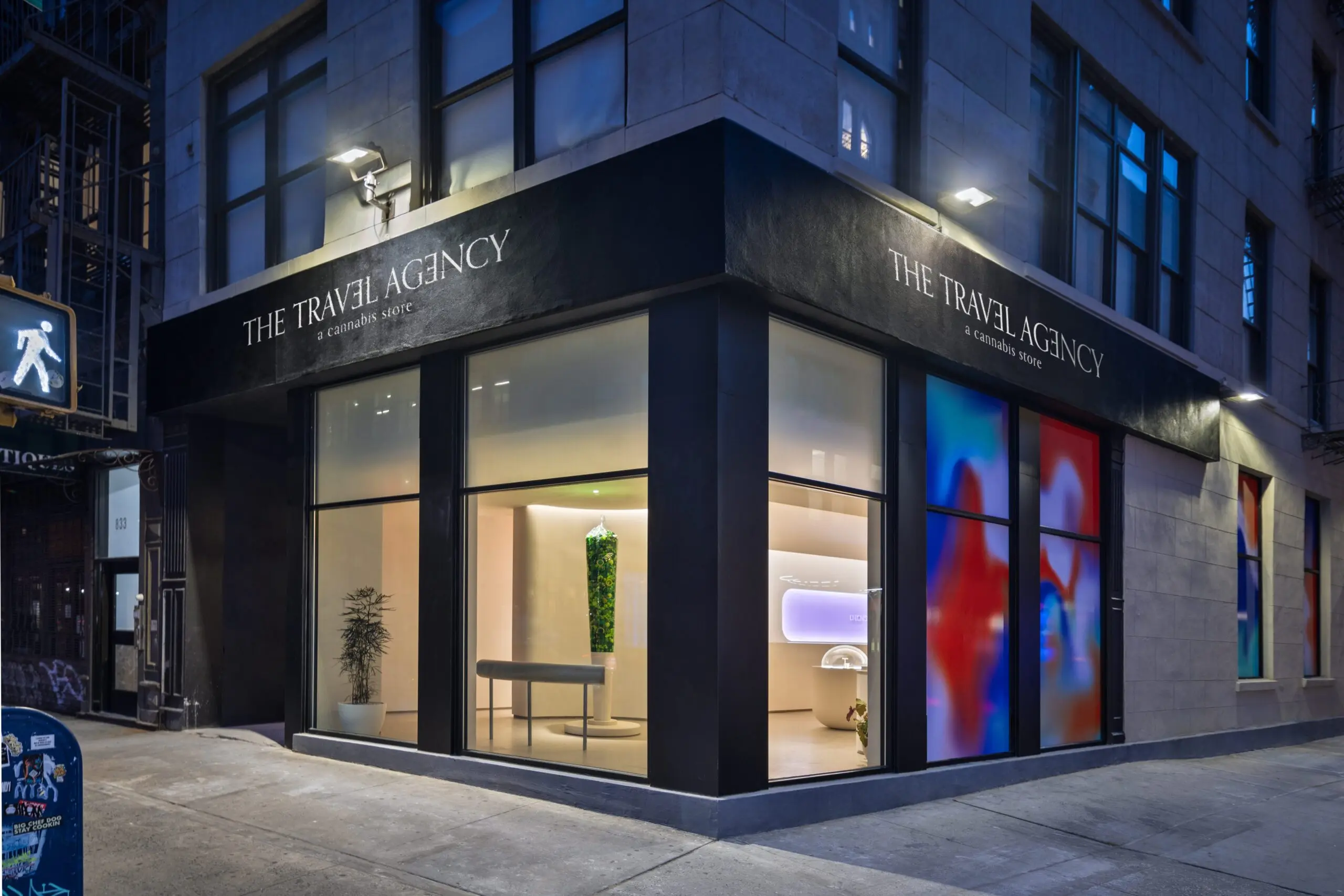
Control the sky animation. Click to pause the moving clouds.
Now Boarding
Takeoff by flower, edible, or pre-roll
SHOP ALL PRODUCTS
Browse our complete selection of cannabis products including flower, edibles, pre-rolls, and more
Visit The Travel Agency Dispensary Locations

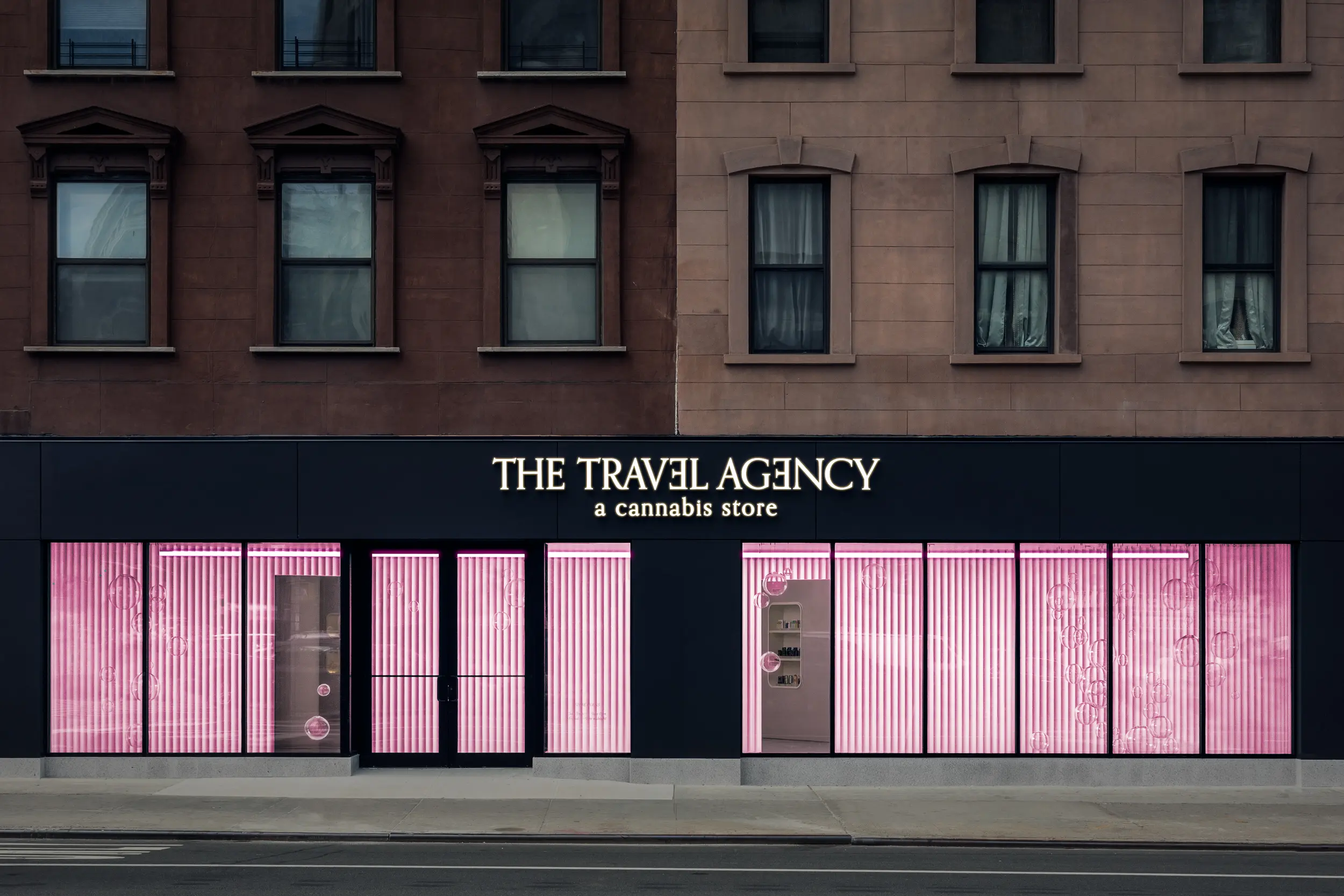
Downtown Brooklyn
122 Flatbush Ave, Brooklyn, NY 11217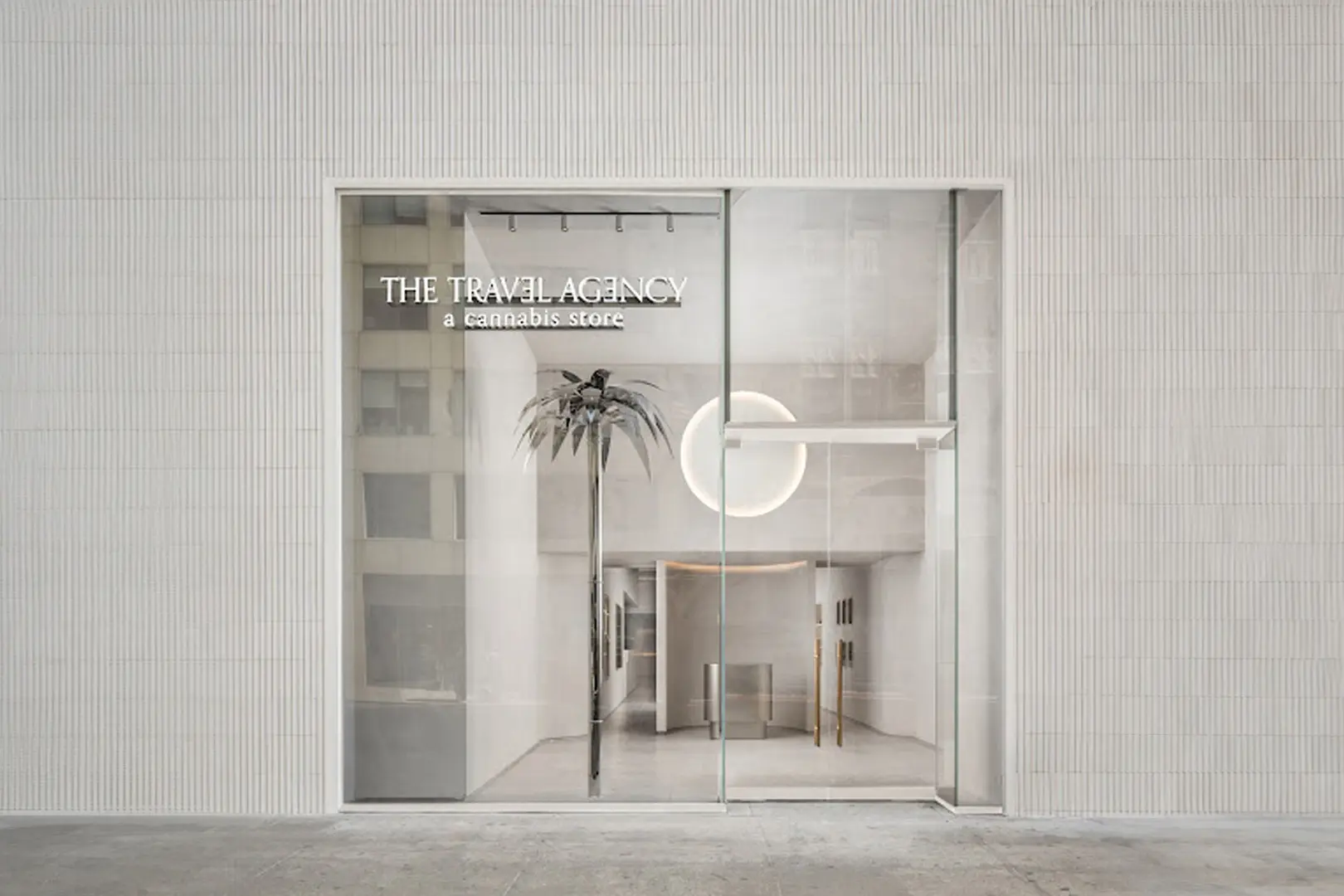
Fifth Avenue (Midtown East)
587 Fifth Ave, New York, NY 10017Travel Club Rewards
Join our Travel Club. Earn fun rewards. Enjoy your flight.
- EARN POINTS WITH PURCHASE
- REDEEM FOR PRODUCTS
- FREQUENT FLYERS GET 10% OFF
START EARNING REWARDS
Join The Travel Agency Travel Club rewards program to earn points on cannabis purchases and redeem for products. Frequent customers get 10% off.
Featured Promotional Banners Carousel
Navigate to previous products in the carousel
Navigate to next products in the carousel
We Are The Travel Agency
The Travel Agency is a BIPOC-founded dispensary that believes legal cannabis has the power to repair the damage caused by the War on Drugs.
In other words: your purchase helps transport everyone to higher ground.
LEARN MOREVisit our about page to learn more about The Travel Agency's mission and values
Learn more about cannabis in NYC
Read product reviews. Discover how cannabis works. Learn how to choose a strain. Explore the city. And oh so much more.
OUR TRAVEL EXPERTS HAVE THE ANSWERS.
READ THE BLOGVisit our blog page to read all articles about cannabis in NYC
The Travel Agency Events
Get ready for an elevated experience with The Travel Agency, with exclusive events, rewards, and good vibes.
There’s something unforgettable, and unforgettably fun, every time you hang with us.
LEARN MOREVisit our events page to discover upcoming cannabis community events and activities
